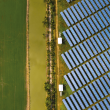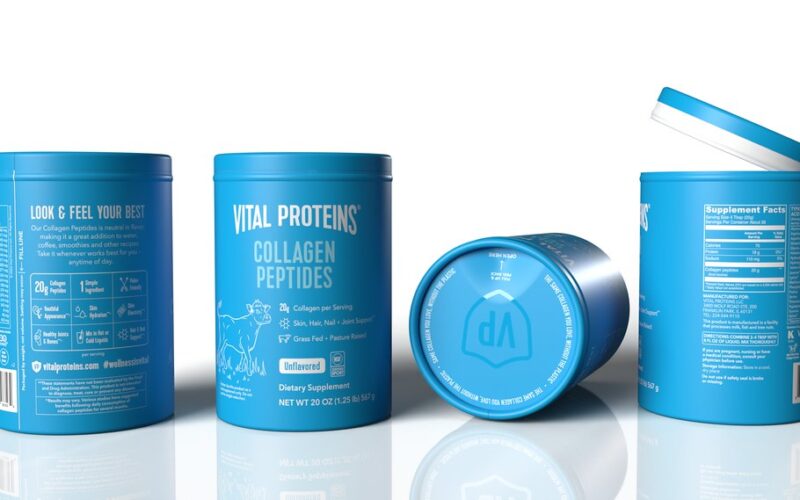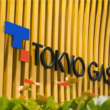As part of its ongoing commitment to sustainable packaging, Nestlé is introducing paper-based innovations across several of its major brands.
The company has launched paperboard canisters for its Vital Proteins brand in the US, reducing plastic usage by 90% compared to previous packaging. This new design, developed by experts at Nestlé Health Science’s R&D center in Bridgewater, New Jersey, in collaboration with external partners, features a proprietary coverlid that is both rigid and tight, offering easy opening and closing, spill-proof protection, and durability for everyday use.
Nestlé’s global R&D network is also collaborating with external partners and suppliers to create the next generation of high-barrier paper packaging solutions across various product categories.
Gerhard Niederreiter, Head of Nestlé’s Institute of Packaging Sciences said, “When developing paper packaging, we consider each product’s sensitivity to external elements such as oxygen, temperature and moisture. Starting with less sensitive products, Nestlé’s paper packaging journey started in confectionery including Smarties and KitKat and is now advancing to product categories such as coffee which require higher barrier protection.”
In the UK, Nestlé recently introduced a high-barrier paper refill pack for Nescafé, allowing consumers to refill their glass jars at home without compromising freshness or quality. This innovation reduces packaging weight by 97% and can be recycled through local paper waste streams.
Additionally, the Nescafé Cappuccino range in Europe now features new packaging with a paper body instead of the previous plastic can, fully recyclable in the paper waste stream across the continent.
Axel Touzet, Head of the Coffee Business Unit for Nestlé said, “Coffee is particularly sensitive to oxygen and humidity. This is why redesigning packaging for this product category requires additional efforts to ensure we can safeguard product freshness and quality with science-based and sustainable solutions.”
These packaging innovations reflect Nestlé’s expertise and ongoing efforts to achieve its 2025 sustainability goals, which include designing 95% of its plastic packaging for recycling and reducing virgin plastic use by one-third.





















